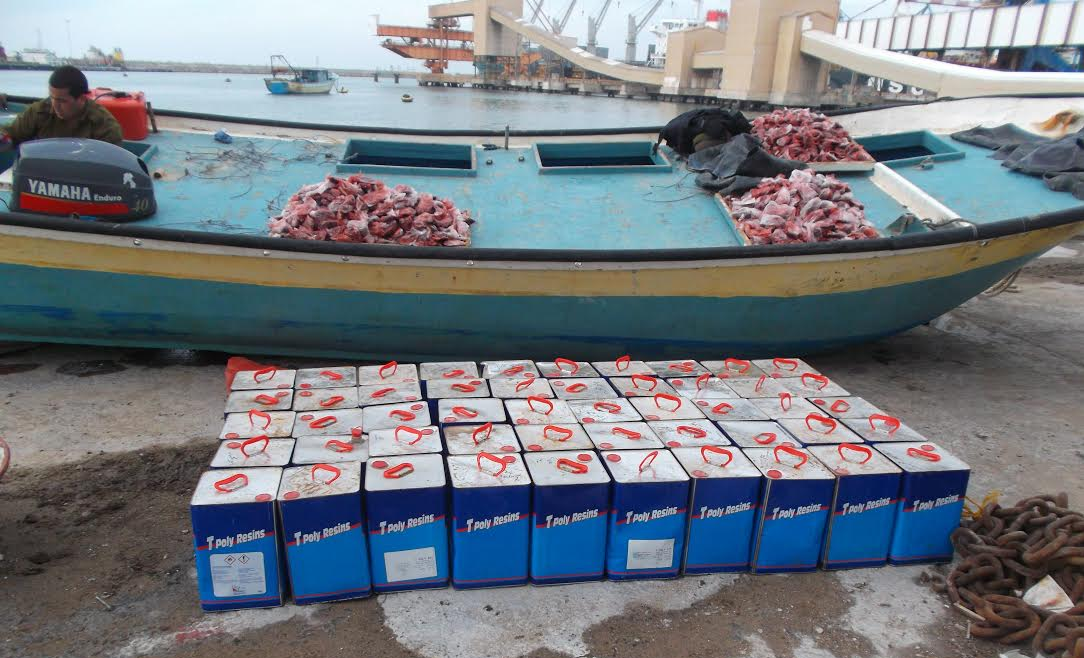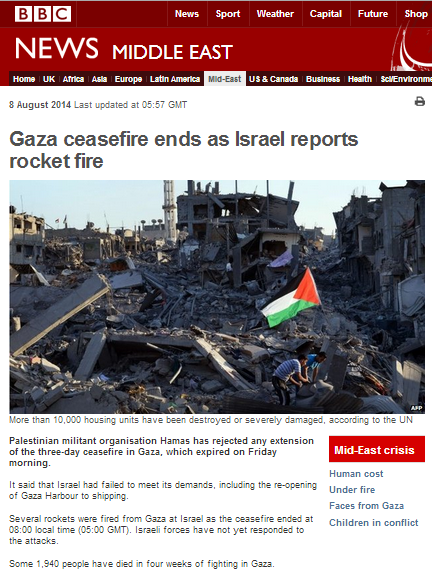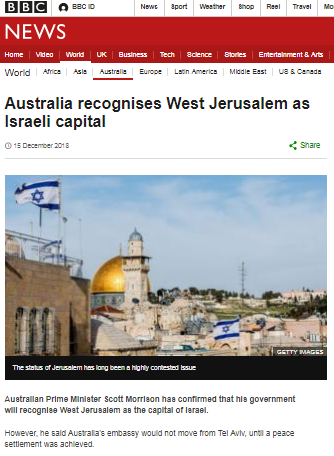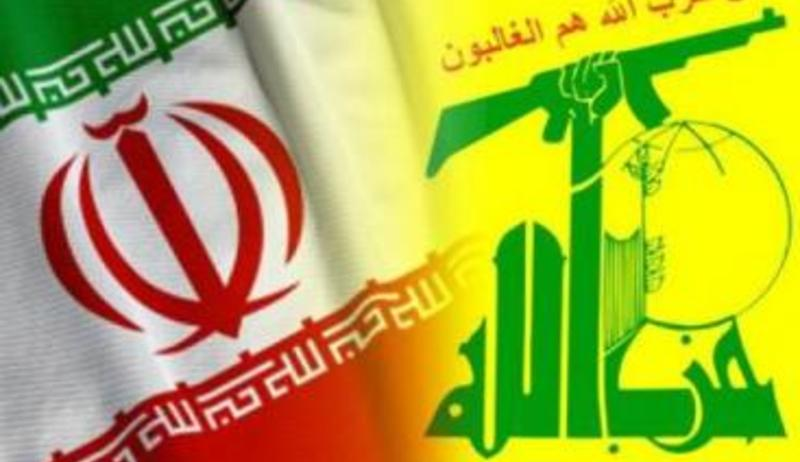On May 16th the Israel Security Agency cleared an announcement for publication.
“The Israeli Navy arrested off the coast of Gaza last month a Hamas-affiliated smuggler who is accused of bringing weapons and illegal building materials into the Strip, the Shin Bet revealed Monday.
Salim Jamal Hassan Naman, a resident of the al-Shati refugee camp, admitted to interrogators that he’d been involved in a naval smuggling operation for some time and had helped bring in weaponry and “materials used in the production of rockets, like fiberglass resin,” the security service said. […]
Though Naman was most closely affiliated with the Hamas terror organization, he told investigators the smuggling ring brought weapons to a variety of terror groups in the beleaguered Gaza Strip, the Shin Bet said.
He also gave additional information on the terror group’s methods of using dedicated smugglers as well as Gaza fishermen to bring contraband to and from Egypt.
Naman also gave his interrogators information regarding Hamas’s operational plans to use Gazan fishermen as a “camouflage” for their military actions, the Shin Bet said.”
To date the BBC has shown no interest in reporting this story to its audiences. That editorial decision is of course all the more significant when one considers that the corporation’s often inaccurate portrayal of the naval blockade of the Gaza Strip usually includes the ‘Israel says’ formulation. For example:

“… the blockade, which Israel says is a necessary security measure.” (link to source)
“Israel says the blockade aims to stop the supply of arms or other items for military use, and to put pressure on the Hamas administration.” (link to source)
“Israel tightened maritime restrictions on Gaza from 2007 [sic], leading to a blockade which it says it [sic] a vital security measure against the militant Islamist group Hamas, which administers the territory.” (link to source)
“Israel says the naval blockade is necessary to stop weapons being smuggled to militants within Gaza.” (link to source)
The BBC’s continued avoidance of stories such as this one means that its audiences are deprived of information which would aid their appreciation of why “Israel says” what it does – and that obviously hinders their understanding of this particular “international issue“.
Related Articles:
BBC’s Abualouf promotes Hamas “fishermen” PR line
BBC Arabic misleads on naval blockade of Gaza Strip




